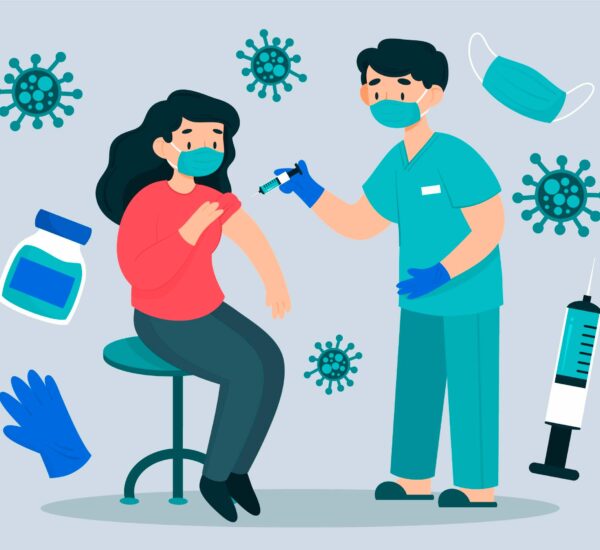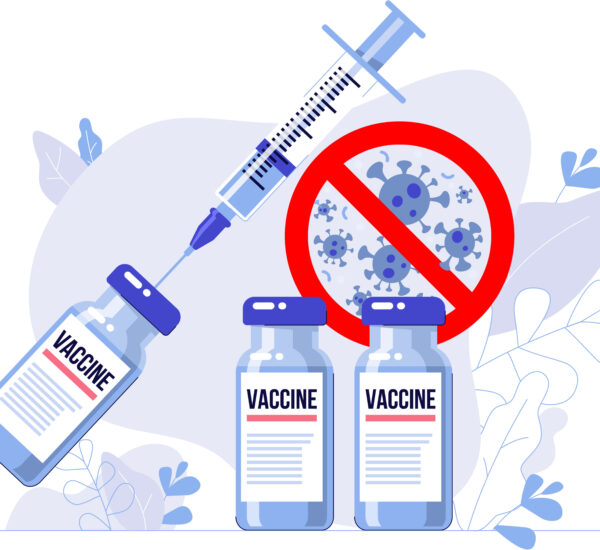As concerns about HPV (Human Papillomavirus) continue to rise, understanding where to access vaccinations in the Philippines is crucial. This HPV vaccine Philippines where to get guide aims to demystify the process, providing Filipinos with detailed information on vaccine availability, the best places to receive a vaccination, and guidance on choosing the appropriate vaccine. Whether you are in Metro Manila, Cebu, or a remote area, this article ensures you have all the necessary information to make informed health decisions.
Understanding HPV and the Need for Vaccination
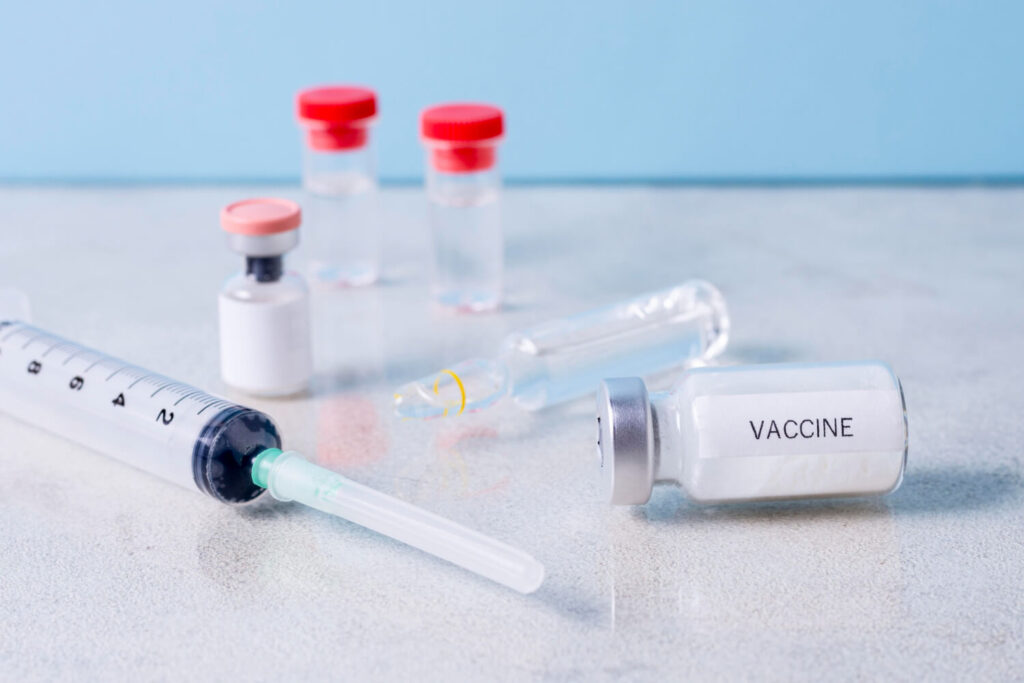
Human papillomavirus (HPV) is a highly prevalent sexually transmitted infection, with certain strains associated with various health complications in the Philippines. These complications can include the development of genital warts as well as an increased risk of developing cancers such as cervical cancer, penile cancer, vaginal cancer, anal cancer, and oropharyngeal cancer.
According to the World Health Organization, HPV is a health condition that must be handled early on. People commonly transmit this disease through sexual activities and skin-to-skin interactions. In that case, it’s best to promote disease control measures as early as possible in the form of HPV vaccinations. They have identified the target population of 9- 14 to receive the immunization, and plan to meet the goal of 90% success for vaccine distribution.
Filipino women and men need to be aware of the risks associated with HPV, and how they can protect themselves through the HPV vaccine.
Importance of HPV Vaccination
As mentioned, vaccination is widely acknowledged as the most effective way to prevent the health problems linked to HPV. These vaccines are specifically formulated to shield against the most dangerous strains of HPV, leading to a significant decrease in the occurrence of cervical cancer and other associated illnesses.
By choosing to get vaccinated, individuals can greatly lower their chances of developing HPV-related health problems and also play a part in the collective public health endeavor to eliminate these diseases. It is crucial for both men and women to seriously consider getting vaccinated against HPV to safeguard themselves and others from the potential repercussions of the virus.
HPV Vaccines Philippines Where to Get
Due to the continuous new cases of HPV and cases of cancer such as cervical cancer in the Philippines, calls for wide reach of action. HPV vaccine Philippines where to get options are not that known to many, despite the initiatives of the Department of Health in 2015. Still, the aim to manage this condition continues, which is why there’s a national immunization program available in the Philippines to date.
Government Health Facilities
As mentioned, DOH started the initiative against HPV in 2015 as they held free immunization for selected high-priority populations. It includes school programs that target grade 4 students to receive the vaccine. Aside from that, they have expanded this goal and covered more provinces to ideally receive the immunization.
With that, here is valuable information for the HPV vaccine Philippines where to get guide details:
- Department of Health Programs: The DOH offers HPV vaccines through public health centers, especially targeting young adolescents as part of school health programs.
- Barangay Health Stations: Accessible locations for community members to receive vaccinations at low or no cost.
Private Hospitals and Clinics
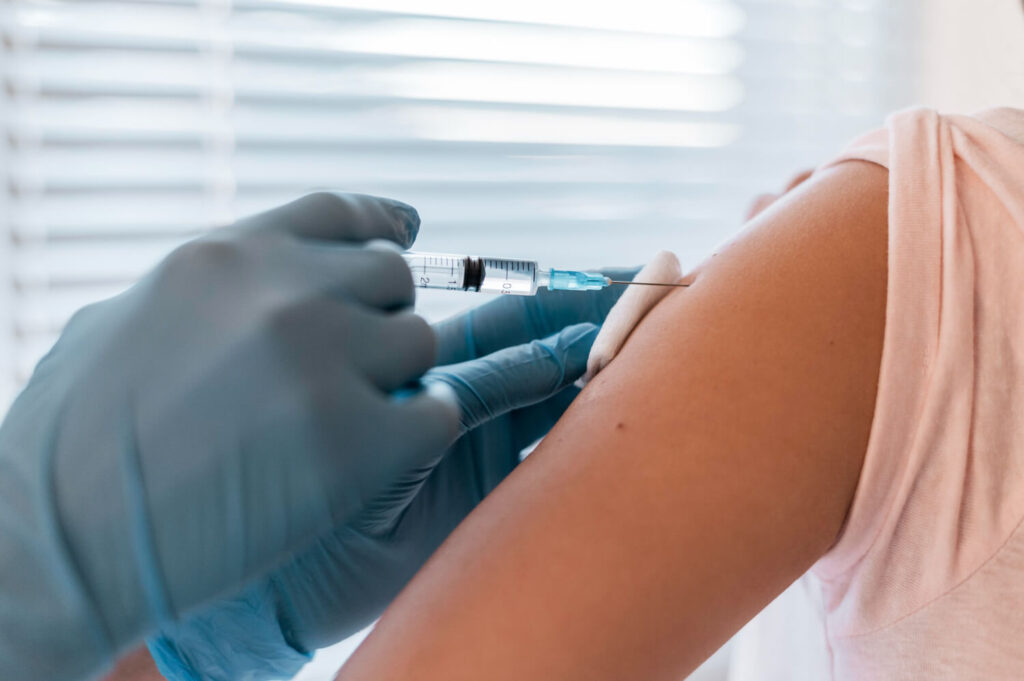
On the other hand, health interventions are also a priority of health centers like the hospitals and clinics in the area. With the initiative of WHO and DOH, hospitals and clinics in the country are now providing HPV immunization, as well as cervical cancer elimination projects.
Here are some of the notable projects for HPV in the Philippines:
HPV Vaccine Manila
Several major hospitals and clinics in the metro offer HPV dosing schedules to the public. Facilities like St. Luke’s Medical Center, Makati Medical Center, and The Medical City offer HPV vaccinations, providing options for Gardasil and Cervarix vaccines. Parents who want to schedule their children for immunization can contact the selected facility for the vaccine.
Meanwhile, to monitor cervical cancer threats, cervical cancer screening is also available in several hospitals. It’s best to communicate with a healthcare doctor for referrals especially if it’s a much-needed service.
HPV Vaccine Cebu
Meanwhile, other areas in the Philippines like Cebu have also improved their approach when it comes to managing HPV cases and cervical cancer cases in the Philippines. According to an article, a massive campaign about HPV and cervical cancer.
During the cervical cancer month awareness, a running theme of “Babae, mahalaga ka!” occurred as one of the initiatives of Cebu. That includes the free cervical cancer screening that occurred on May 26th this year in one of the cities of Lapu-Lapu. In terms of the HPV, the local government addressed HPV with the dissemination of free vaccination on May 18, 2024.
Types of HPV Vaccines Available
Gardasil 9
- Protection: Covers nine HPV types, responsible for the majority of HPV-related diseases.
- Who Should Get It: Recommended for both females and males aged 9 to 45 years of age.
Cervarix
- Protection: Specifically targets HPV types 16 and 18, the two strains most commonly associated with cervical cancer.
- Who Should Get It: Primarily recommended for females aged 9 to 25 years old for the prevention of cervical cancer.
Factors to Consider in Choosing the Right HPV Vaccine
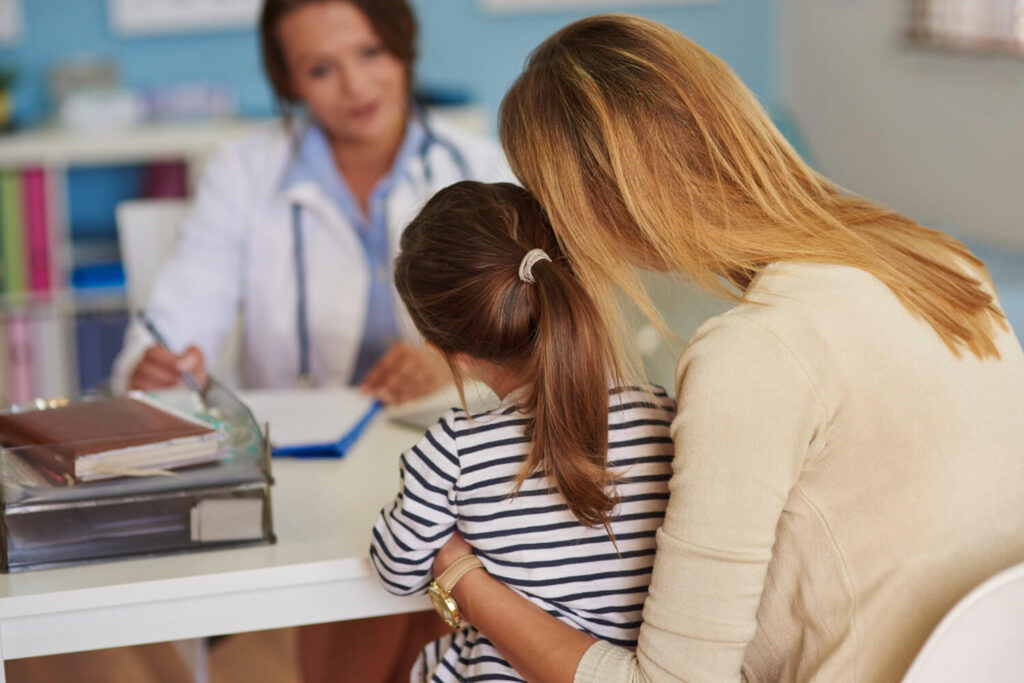
Age
According to the global strategy of WHO for HPV prevention, the ideal age for getting the vaccine is 9 to 14 years of age. The main goal is to provide immunization to individuals before they engage in sexual activities.
Medical History
It is essential to consider any previous adverse reactions to vaccines or specific medical conditions that could affect the safety and efficacy of vaccines. This information can help healthcare professionals make informed decisions about which vaccines are appropriate for each individual, as well as whether any special precautions or alternative vaccination schedules are necessary.
For example, people with certain immune system disorders or allergies may need to avoid certain vaccines, while those with a history of severe allergic reactions to specific vaccine components may require close monitoring after vaccination. By taking these factors into account, healthcare providers can ensure that vaccines are administered safely and effectively to all individuals.
Cost
There are free or subsidized HPV vaccination programs available offered by local health departments, and other organizations. However, if individuals prefer to undergo the immunization with the help of their trusted doctor, then visiting a hospital is also a great choice. However, some hospitals require fees, which can be costly. It’s best to check with one’s health insurance if their plan covers the immunization for HPV.
Accessibility
One of the priorities that individuals must understand is seeking out reputable healthcare facilities, clinics, or hospitals that offer HPV vaccination services. Getting vaccinated helps to protect oneself against certain strains of the human papillomavirus (HPV) that can lead to various types of cancer. So, whether it is through a free vaccine program by the barangay or paid vaccine service from a hospital, don’t hesitate to safeguard one’s health.
Frequently Asked Questions
How many doses of HPV vaccine are needed?
The standard course of the vaccination involves receiving two to three doses over six months. The number of doses depends on the recipient’s age when they start the vaccination series. This schedule is designed to ensure that the recipient develops a strong and lasting immune response to the vaccine.
Can adults get the HPV vaccine?
The HPV vaccine can be beneficial for adults up to 45 years old, particularly if they have not received the vaccine before or are at risk of new HPV infections. Getting vaccinated can help protect against certain strains of the human papillomavirus (HPV) that can lead to various types of cancer, including cervical, anal, and throat cancer. Individuals need to discuss their vaccination options with a healthcare provider to determine if the HPV vaccine is right for them.
Where is the cheapest place to get the HPV vaccine in the Philippines?
The cost of the HPV vaccine can vary depending on where you get it. Some public health centers and government facilities in the Philippines offer the HPV vaccine for free or at a subsidized rate. You can check with your local barangay health center or community clinic to inquire about their vaccine programs.
However, if you are looking for paid services, private hospitals and clinics also provide the HPV vaccine. It’s advisable to call different healthcare providers to compare prices and see if your insurance plan covers the cost of HPV immunization.
Conclusion
While this HPV vaccine Philippines where to get guide might not specifically identify the places to go for a vaccine, still some locations were revealed. That includes the prominent hospitals that offer the HPV vaccine in Manila, as well as in Cebu where massive projects are available for the HPV vaccine Cebu and to address their constant new cases of cervical cancer.
Securing an HPV vaccine in the Philippines is a significant step toward preventing some serious health issues linked to HPV. With various options available across the country, from government health programs to private clinics, Filipinos can access these vital services based on their personal health needs and preferences. Always consult healthcare professionals to choose the most suitable vaccine type and schedule for your specific circumstances.
Book an online consultation and prepare for your scheduled immunization!


